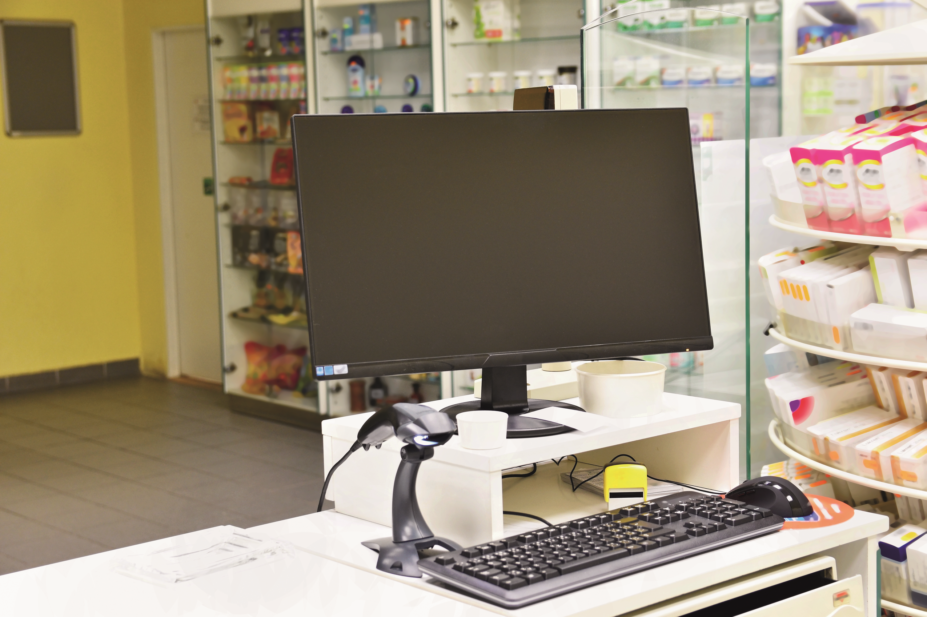
Shutterstock.com
More than 85% of community pharmacies do not access the summary care record (SCR) at all over a typical week, an analysis of NHS data has shown.
The analysis, carried out by The Pharmaceutical Journal
, revealed that just over 1 in 10 (1,261) of 11,659 pharmacies that were signed up to use the SCR accessed it more than twice per week.
However, nine ‘super users’ — pharmacies that accessed the SCR more than 100 times during the same week — were also found.
All community pharmacists in England were given access to the SCR in autumn 2015. The decision was made following the success of a pilot involving 140 pharmacies in England given access to the SCR, which contains clinical information about a patient obtained from the record maintained by their GP.
Mohammed Hussain, a pharmacist and senior clinical lead at NHS Digital, said these data showed a “very long tail” of people who only use the SCR once or twice per month, although he said the numbers did vary “from month to month”.
He said: “One of the myths is that pharmacists say they don’t need [the SCR] because they have worked without it, but if you ask them how often they phone the GP … you find a lot of these could be solved by looking at the SCR.”
Hussain added that this may make lobbying for read/write access for pharmacists to electronic patient records harder. “The business case for read/write access becomes more challenging to make if low numbers are using it overall. In community pharmacy we haven’t got it quite right in terms of professional behaviour and looking at the SCR first,” he said.
The analysis comes after a Royal Pharmaceutical Society (RPS) survey, carried out during August and September 2018, revealed that its members did not always know how and when to use the SCR. The results show that just 56% of RPS members said they accessed it in non-urgent cases, while 41% said they would still contact a GP rather than use the SCR. As a result, the RPS published updated guidance and a series of videos in October 2018 to help pharmacists understand how using the SCR will improve the care they give to patients.
“This is an area where more clarity is needed, and we wanted to tackle the specific scenarios where members were most uncertain, such as consent by proxy or on an ongoing basis,” said Ivana Knyght, head of the RPS professional development and support service.
In a separate survey carried out by The Pharmaceutical Journal*, it was found that, of more than 1,200 pharmacists, 40% did not have access, or had never accessed, the SCR. It also found that 34% of pharmacists accessed the SCR once per week or more, 11% accessed it a few times per month and 15% accessed it once per month or less.
*Source: 1,505 respondents, The Pharmaceutical Journal Salary and Satisfaction Survey 2018. The survey was conducted between 16 July and 3 September 2018. Invitations were sent to 26,785 RPS pharmacist members.


